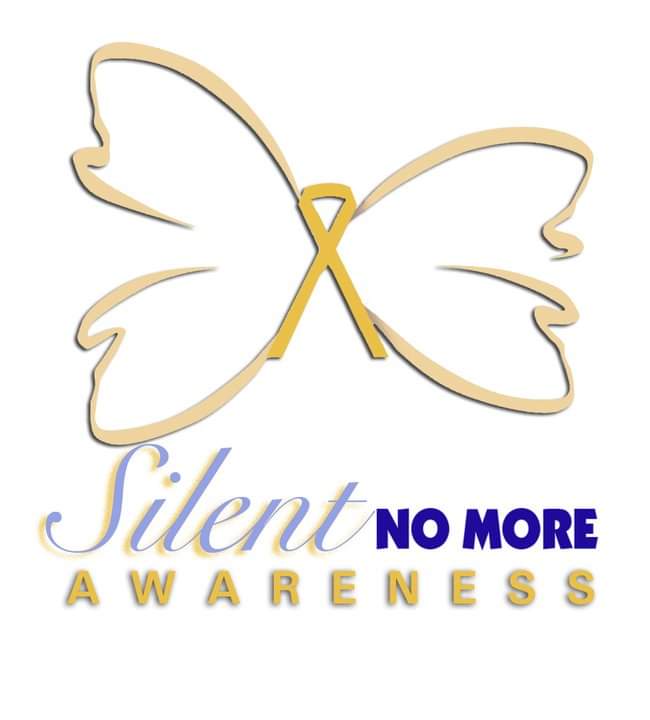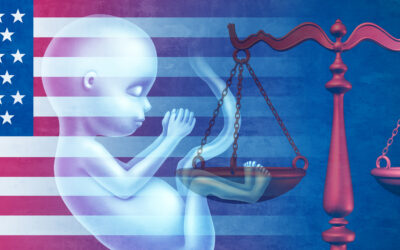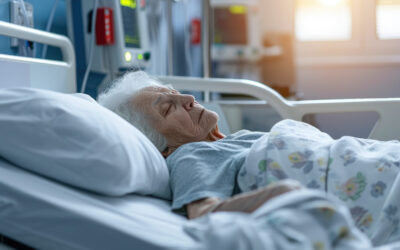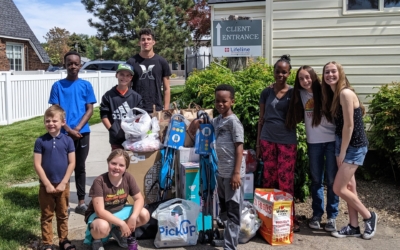Debunking Abortion Misconceptions Amidst Dobbs
As our country awaits the U.S. Supreme Court decision on the issue of abortion in Dobbs v. Jackson Women’s Health Organization, I think it is important to address two misconceptions that surround the abortion debate.
First, while those who support abortion like to claim that women have a constitutional right to abortion, the truth is there is NO “right to abortion” in the Constitution. The Court has held that if a fundamental right is not mentioned explicitly in the Constitution, it should at least appear in the history, legal traditions, and practices of the United States. But abortion does not. When the 14th Amendment was adopted in 1868, which some have since invoked to favor abortion, unborn children were protected across the nation.
Even Roe vs. Wade made it clear that the “right” to get an abortion was not absolute, and that it had to be a medical decision. Moreover, it affirmed, as did Planned Parenthood vs. Casey in 1992, that the states have an interest in the life of the unborn child as well as in the protection of the health of the mother. The courts have allowed significant restriction of abortion by the states because it is not a “Constitutional Right.”
The second misconception is that abortion is good for women, and that we need abortion to be successful.
A key argument in the Dobbs case is that Mississippi, in prohibiting abortion after 15 weeks, is asserting its interest, which the Court acknowledges it has, in protecting women from the harmful effects of abortion. Many of the amicus briefs filed document the harms, about which we know more now than ever.
The briefs that support Mississippi also point out that when the Court reaffirmed Roe in 1992 with the Casey decision, it asserted that women have come to rely on abortion to advance in society. The briefs go on to argue that this argument is without evidence, and that, on the contrary, evidence shows women are quite capable of taking leadership roles in society while being mothers, and that abortion, far from helping them, actually hinders their progress by the wounds it inflicts.
As a woman who had an abortion myself, co-founded the Silent No More Awareness Campaign  to raise awareness about the healing and forgiveness available after abortion, and has spent the last 24 years of my career helping women who regret their abortion find healing and peace, our personal experiences reveal that far from empowering us, our abortions undermined our sense of self-esteem, and self-confidence. With over 20,000 members and 3,000 testimonies that can be read at AbortionTestimony.com, people need to stop buying the lie that abortion is good for women.
to raise awareness about the healing and forgiveness available after abortion, and has spent the last 24 years of my career helping women who regret their abortion find healing and peace, our personal experiences reveal that far from empowering us, our abortions undermined our sense of self-esteem, and self-confidence. With over 20,000 members and 3,000 testimonies that can be read at AbortionTestimony.com, people need to stop buying the lie that abortion is good for women.
Recently I received this email from a woman:
“I terminated my pregnancy. I thought that I would feel relieved but instantly I regretted it. I didn’t know how to cope with my decision so I relapsed. I really lost myself. I didn’t expect to fall so fast. Something happened last night and it was a huge wake up call for me. This morning I confessed my relapse to my husband and he is supportive. I’ve been writing, just trying to get my thoughts onto paper. This morning I contacted my therapist to seek treatment. I attended an AA meeting this morning and this evening I am going to an NA meeting at a local church. In addition, I poured out all of my alcohol, flushed my substances, and threw away my supplies. This time I am so serious about recovery. I have to do 5 days of detox plus 30 days of inpatient rehabilitation. I am so scared but there is healing that needs to be done. I need to heal from past traumas, addiction, and several abortions. It’s hard for me to look at my babies knowing that I killed their siblings. I have to live with that guilt and it’s a hard pill to swallow. Hopefully at some point I can learn to forgive myself.”
Do her words reflect a woman who feels empowered because she exercised her “right” to abort her baby? Her words, her story, are repeated over and over again in the testimonies found on the Silent No More Campaign website.
I remember driving to the abortion clinic the day of my procedure and thinking “this feels wrong, but it is legal, so it must be OK.” The reality is that I was never OK after that day and my right proved to be very wrong.
Georgette Forney
President, Anglicans For Life



